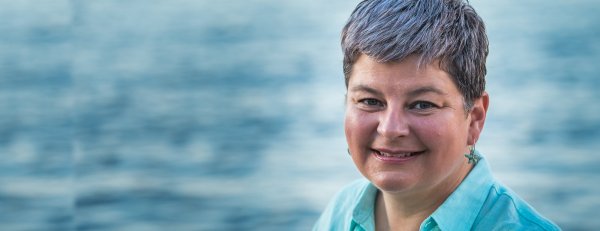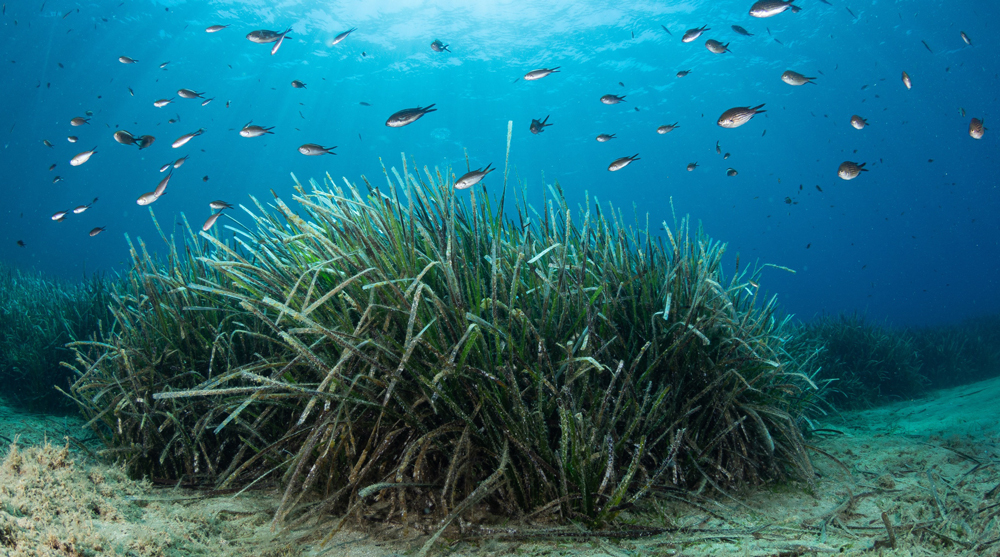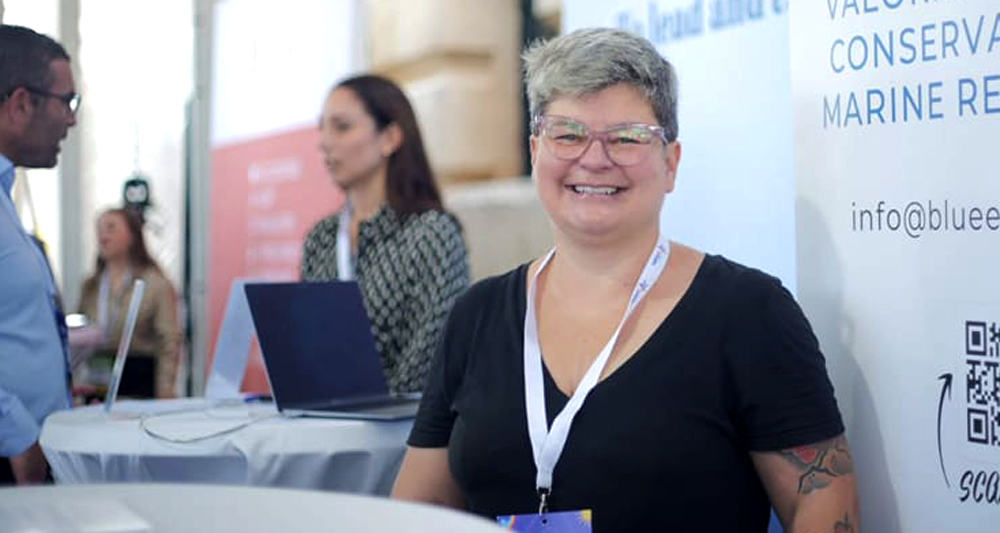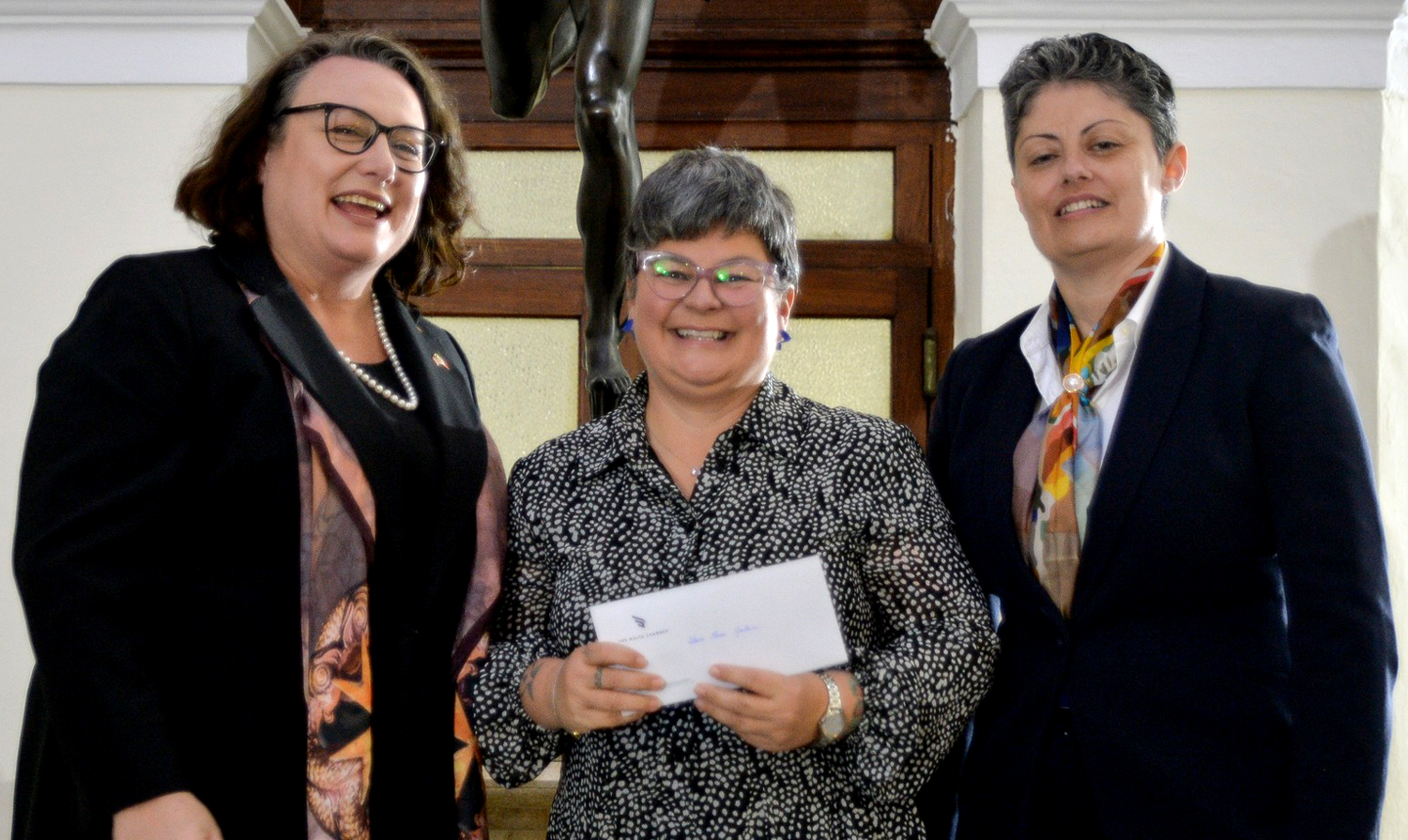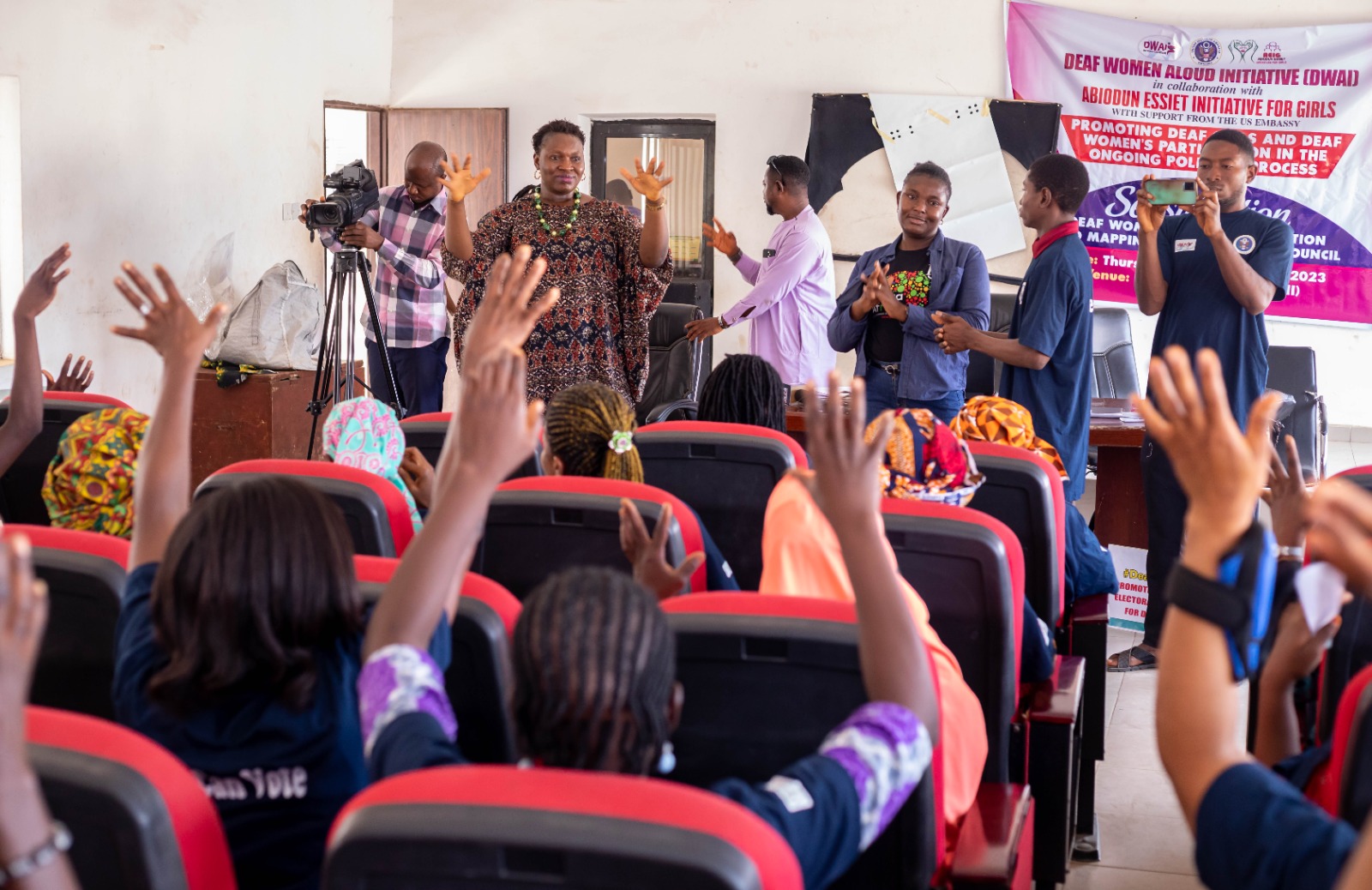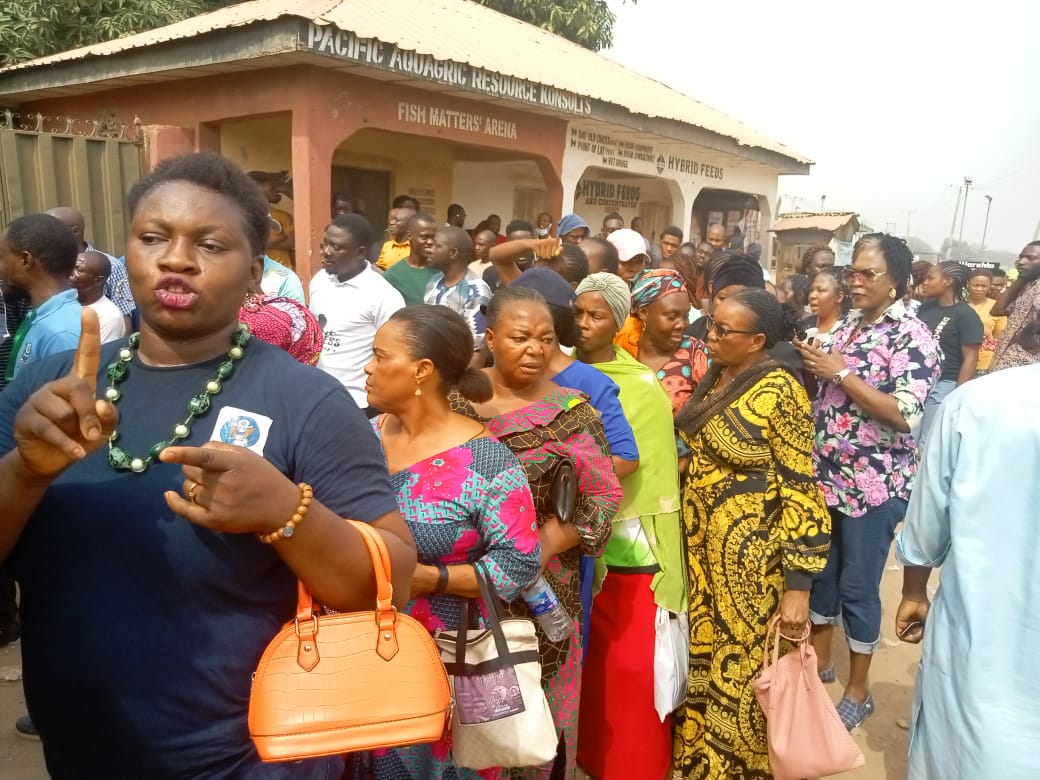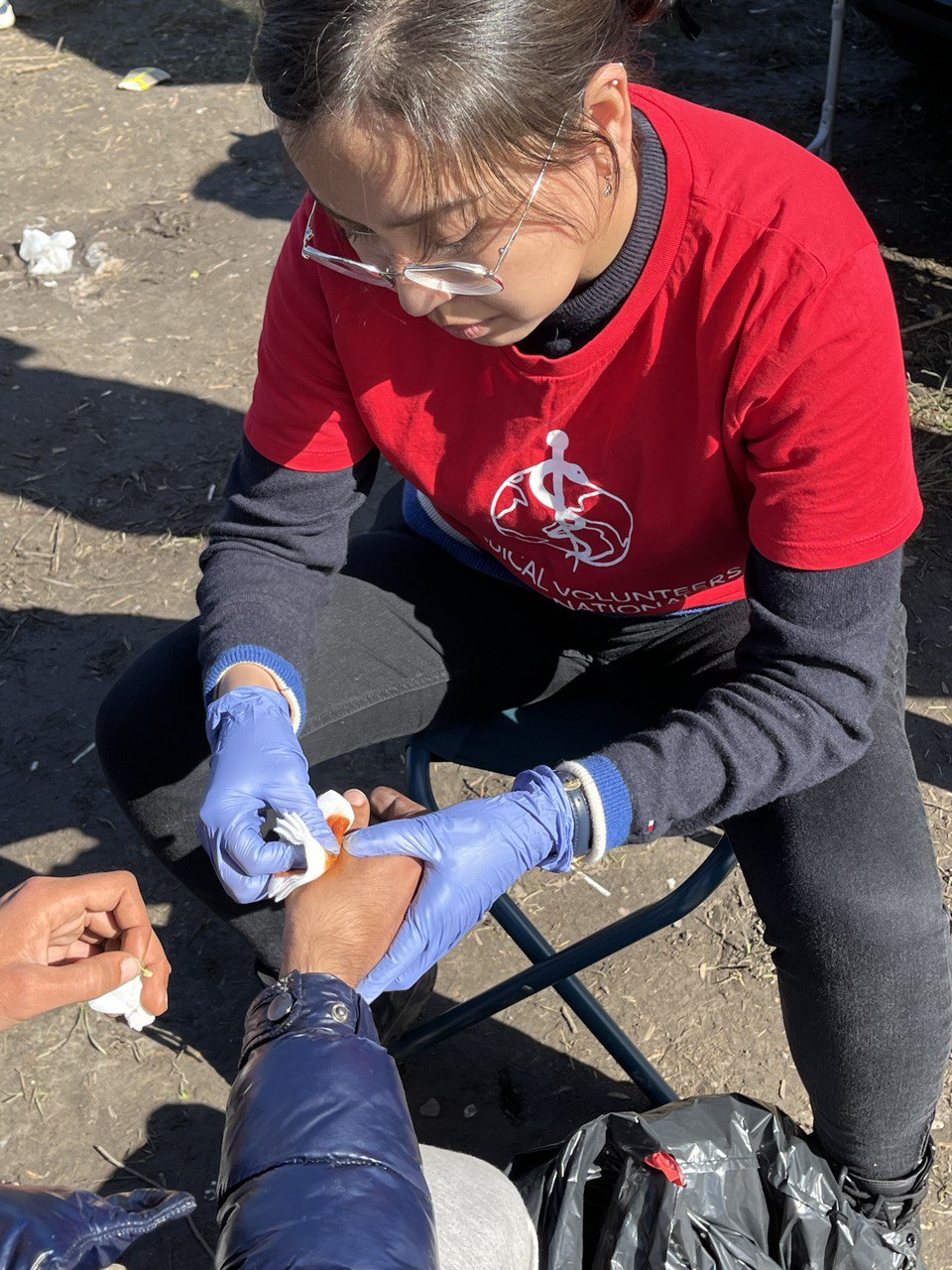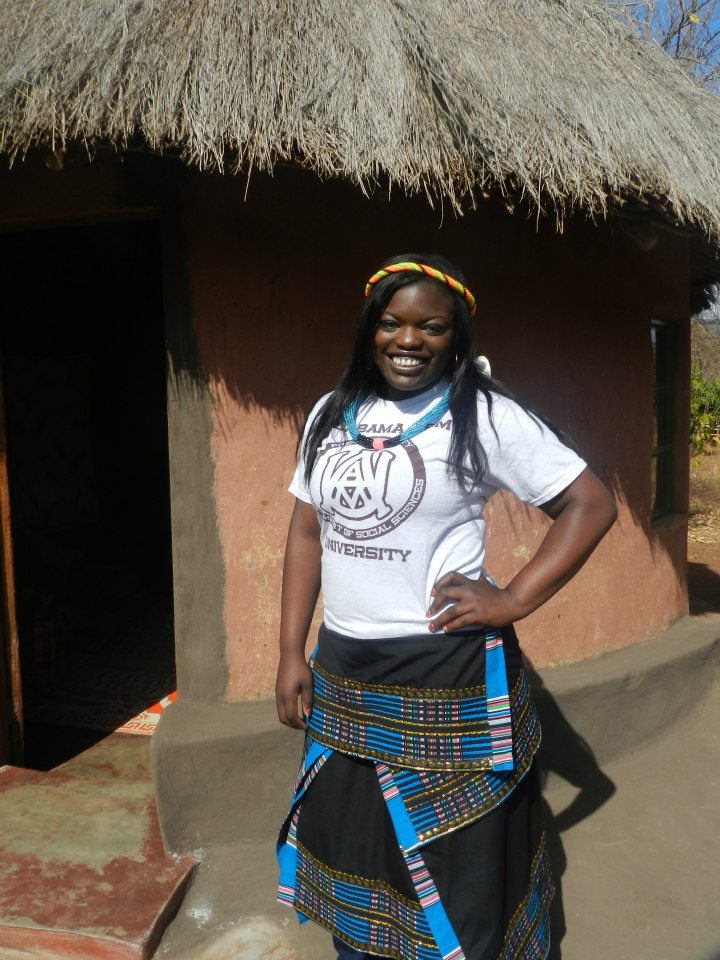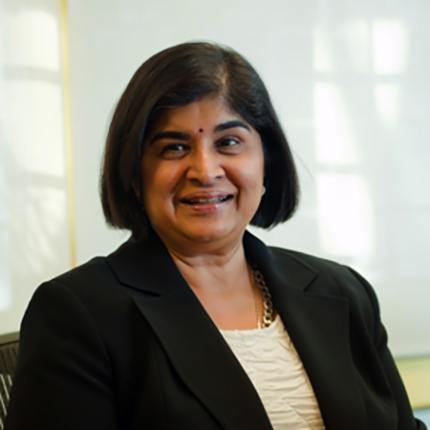On February 6, 2023 two earthquakes of 7.8 and 7.5 magnitude struck regions of Syria and Southeastern Türkiye. They were followed by more than 7,500 aftershocks and two more earthquakes, resulting in more than 54,000 deaths, and the displacement of 2.7 million people in Türkiye and 500,000 people in Syria, according to USAID.
But amid the incomprehensible destruction and loss of life, there is hope, brought by the efforts of one Exchange Alumni who wants to maintain the collective culture of the region.
Immediately after the first earthquakes struck, Ebru Baybara Demir, an award-winning chef, business woman, and an alumna of the State Department’s International Visitor Leadership Program (IVLP), set up soup kitchens in the student dormitories of the Ministry of Youth and Sports in the affected regions of Osmaniye, Kahramanmaraş, Adıyaman, and İskenderun, called Gönül Mutfağı (Soul Kitchen) with the help of a friend. In the first two months, she and her team cooked and distributed close to 10 million meals.
“From the first day on, all operations are conducted voluntarily and by volunteers,” she says. “Every stage, from food to logistics, proceeds on a voluntary basis. Around 200 people work in the kitchen for cooking, cleaning, managing, distributing, carrying, and other needed positions. Volunteers who have different professions just as engineers, academicians, doctors, or housewives come from different cities of Turkey [sic] and abroad.”
Her team is also still carrying out a few of Chef Ebru’s many social projects, like championing local agriculture and traditional food to her native city of Mardin and training close to 200 local Turkish and Syrian women in her kitchen at the Cercis Murat Mansion.
One project she cites that has contributed to the earthquake aid is her “From Soil to Plate Agricultural Development Cooperative,” which produces 200,000 meals daily through sustainable farming practices and has been offering a way for donors to buy local products for victims online.
The Road to Mardin
Even though Chef Ebru’s work has become synonymous with Mardin, she didn’t start off there. She grew up and was educated in Istanbul, Türkiye’s most populous city, on the Western Coast. Her father migrated to the city like many others for the opportunities there shortly after her birth in 1976, including to educate his three daughters at a time in which Chef Ebru says it wasn’t seen as an advantage to have a daughter.
But 23 years later, her roots called to her, and after finishing a degree in Tourism Guidance from Marmara University, she set off for Mardin where she was determined to break ground.
“Unfortunately, Mardin, where I returned at the end of the 1990s, had no tourism businesses except a 3-star hotel and a small restaurant. However, with its different cultures, cuisines, rituals and historical texture, Mardin was truly [made for] tourism,” she says.
Indeed, the city and region is part of the larger cultural and culinary richness of the Southeast that has been affected by the earthquakes, including Antakya, the capital of the province of Hatay, whose history dates back to the Hellenistic, Roman, Byzantine and Ottoman periods, as well as Gaziantep, Kahramanmaraş, Malatya, Adıyaman, and areas in Syria. Estimates on the damage to these important cultural centers are still ongoing, but many of the sites hold meaning across faiths in the two countries. The Earthquakes Recovery and Reconstruction Assessment (TERRA), which was carried out by the Republic of Türkiye with support from the UN, the European Union (EU), and the World Bank, reports that more than 60 percent of the 2,863 cultural heritage structures in the region examined by experts were damaged.
The U.S. response to the earthquakes has been focused on humanitarian aid first, with nearly $235 million in humanitarian assistance provided to date and an additional $115 million in private funding pledged to help victims, as well as the establishment of a 100-bed emergency “Turn-key” field hospital by the U.S. Department of Defense in Hatay. But beyond the pressing humanitarian needs, there is also the awareness of the importance of preserving the area’s rich culture, including the intangible cultural heritage to which Chef Ebru has devoted enormous effort.
The Cultural Heritage Center (CHC) in the U.S. Department of State’s Bureau of Educational and Cultural Affairs has been tracking the damage to cultural heritage from the start and is working with regional and international partners to assist.
“Recovery of tangible and intangible cultural heritage plays a vital role in bolstering the resilience of communities following a disaster,” the office says. “We are working with partners in the region to identify opportunities to aid heritage recovery and demonstrate U.S. respect for the rich history, traditions, and diversity of the affected communities.”
CHC’s Ambassadors Fund for Cultural Preservation has supported earthquake recovery efforts following past disasters like those in Nepal (2015), Mexico (2017), and Albania (2019). International expertise developed in these and other projects will be an asset for recovery in Türkiye and Syria in the coming years.
What Happens Next
When Chef Ebru thinks about what makes Mardin and the region special, she of course goes back to the food.
“Each cuisine has its own unique flavors, stories, and rituals,” she says. “But I think it is the blending of local products and traditional methods that makes that cuisine unique. The best material to give the flavor of the cuisine is the local products of that region.”
It is that blend of local products and tradition among the people she’s been helping and the ones she’s helping now that makes her latest social project so important. She credits her IVLP exchange on “Addressing Refugee and Migration Challenges” in 2018 with giving her best practices to apply to her ongoing work on social gastronomy to projects with refugees, which no doubt is more vital today.
“This is the disaster of the century,” she says. “We have a lot of people lost. People’s lives changed overnight. We face a process that cannot be easily recovered. However, the important thing is that we learned what solidarity and nationality mean here. Despite that we are overcoming this challenging time together, as a nation.”


